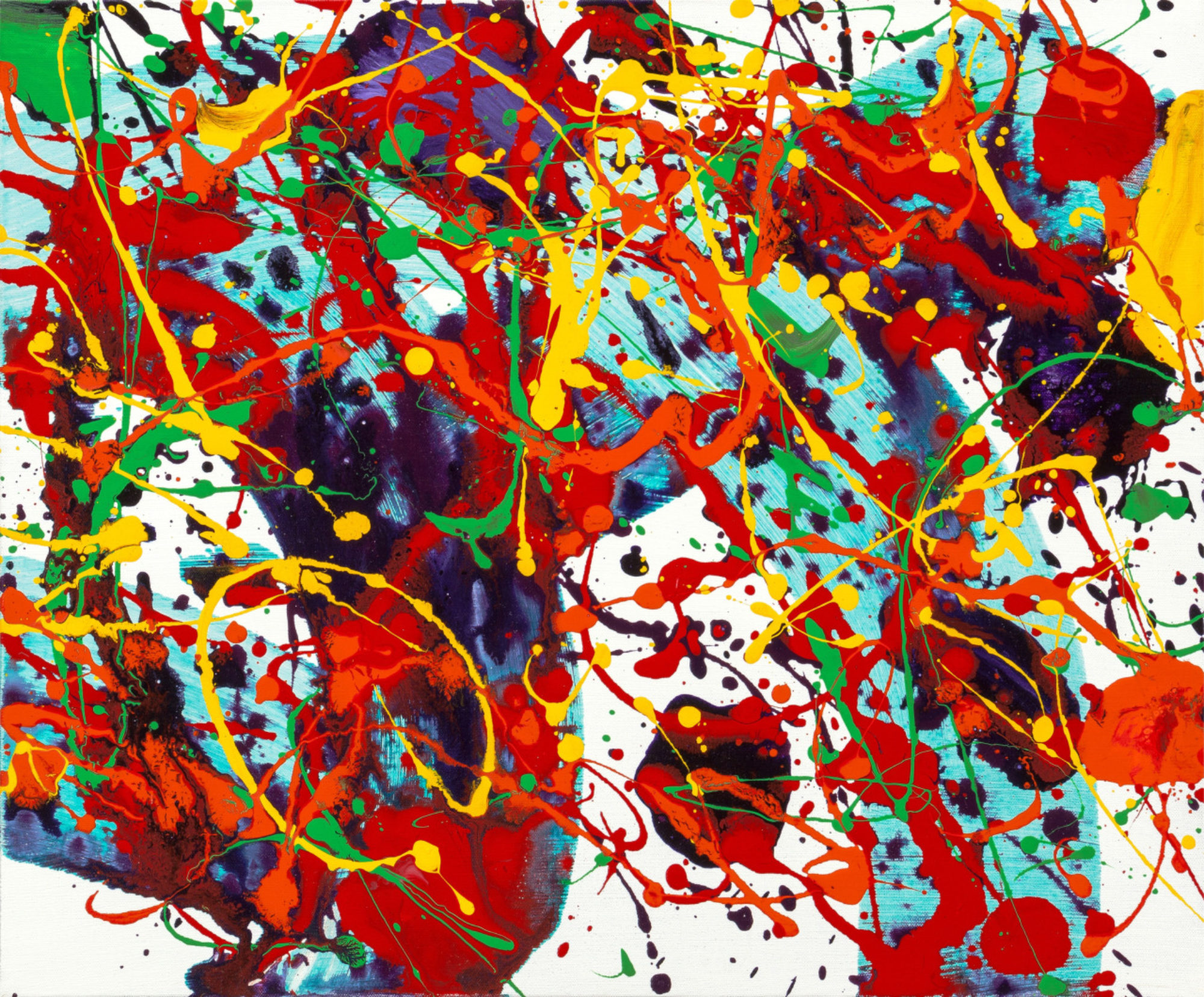I took a surf lesson at the La Jolla Shore. It was awesome. I had a great instructor and the water was perfect for practicing. Low tide with calm but steady waves. I got up on 7 or 8 waves and plenty of fun fall-off’s. It was a blast, it kicked my ass, and I want to do it again.
After finishing Conspiracy by Ryan Holiday (which was really good) I grabbed a book I had my eye on for awhile, Barbarian Days: A Surfing Life by William Finnegan. I knew little about this book other than that it was a memoir about surfing, it had won the Pulitzer Prize for Autobiography, and I’d seen it recommended a lot. The author grew up moving back and forth between California and Hawaii but surfing constantly at both. Early on I came across a passage talking about surf clubs: “I had never been in a surf club. In California you heard about Windansea, which was based in La Jolla and had some big-name members.”
This is the exact beach we’re staying four blocks from, where we’ve gone every day it was sunny, and where I I’ve walked down to in the evening and watched surfers catch waves.
The book is wonderful so far. I love coming of age stories, and this one infused in the culture of surfing and Hawaii in the 60’s is interesting and new to me, and I’m learning a lot.
Surfing was a way of life for Hawaiians. It had religious importance. When the waves were good “all thought of work is at an end, only that of sport is left”.
“The islands were blessed with a large food surplus…Their winter harvest festival lasted three months- during which the surf frequently pumped and work was officially forbidden.”
Until the Europeans came. Calvinist missionaries specifically. “They changed the Hawaiian’s way of life, changed their religion, their agriculture and industry. They banned surfing. And spread disease…between 1778 and 1893, the Hawaiian population shrank from eight hundred thousand to forty thousand”.
The survivors were “forced into a cash economy and stripped them of free time.”
We sure know how to fuck up a good time.
Luckily surfing survived “thanks to the few Hawaiians, notably Duke Kahanamoku, who kept the ancient practice alive. Kahanamoku won a gold medal for swimming at the 1912 Olympics, became an international celebrity, and started giving surfing exhibitions around the world. Surfing caught on and postwar Southern California became the capital.”
It’s interesting to think of what manages to survive and everything else that fades, either from the collective memory, or the face of the Earth.
We used to spend our summers on the Cape at Nauset Light. That beach has faded from the erosion of waves. A video shows the damage after a storm and how far the tide’s gone up. The Nauset facilities we knew have been demolished because the erosion posed a public safety risk. You can still go to other parts of Nauset, but it’s completely different from what it was even 10 years ago.
The waves were ferocious when we first got here and one day me and Sean swam out into them. Ducking under, swimming into, bobbing our heads up and under amongst some vicious waves. This is what we used to as kids with our Dad. You go under and feel it pass over you. Or you let it crash into you and you’re thrown around and lose up from down. Being in and under waves like that puts you into a special kind of flow and it puts you in your place.
Finnegan describes the allure of waves poetically: “I couldn’t get enough of their rhythmic violence. They pulled you toward them like hungry giants. They drained the water off the bar as they drew to their full, awful height, then pitched forward and exploded. From underwater, the concussion was deeply satisfying. Waves were better than anything in books, better than movies, better even than a ride at Disneyland, because with them the charge of danger was uncontrived. It was real.”
After ducking under and going over wave after wave, exhilaration becomes exhaustion. It was a real struggle to get to shore with the tide pulling you back in. For a split second you feel that real fear. And then you let the next wave push you forward, and you’re back on land.
